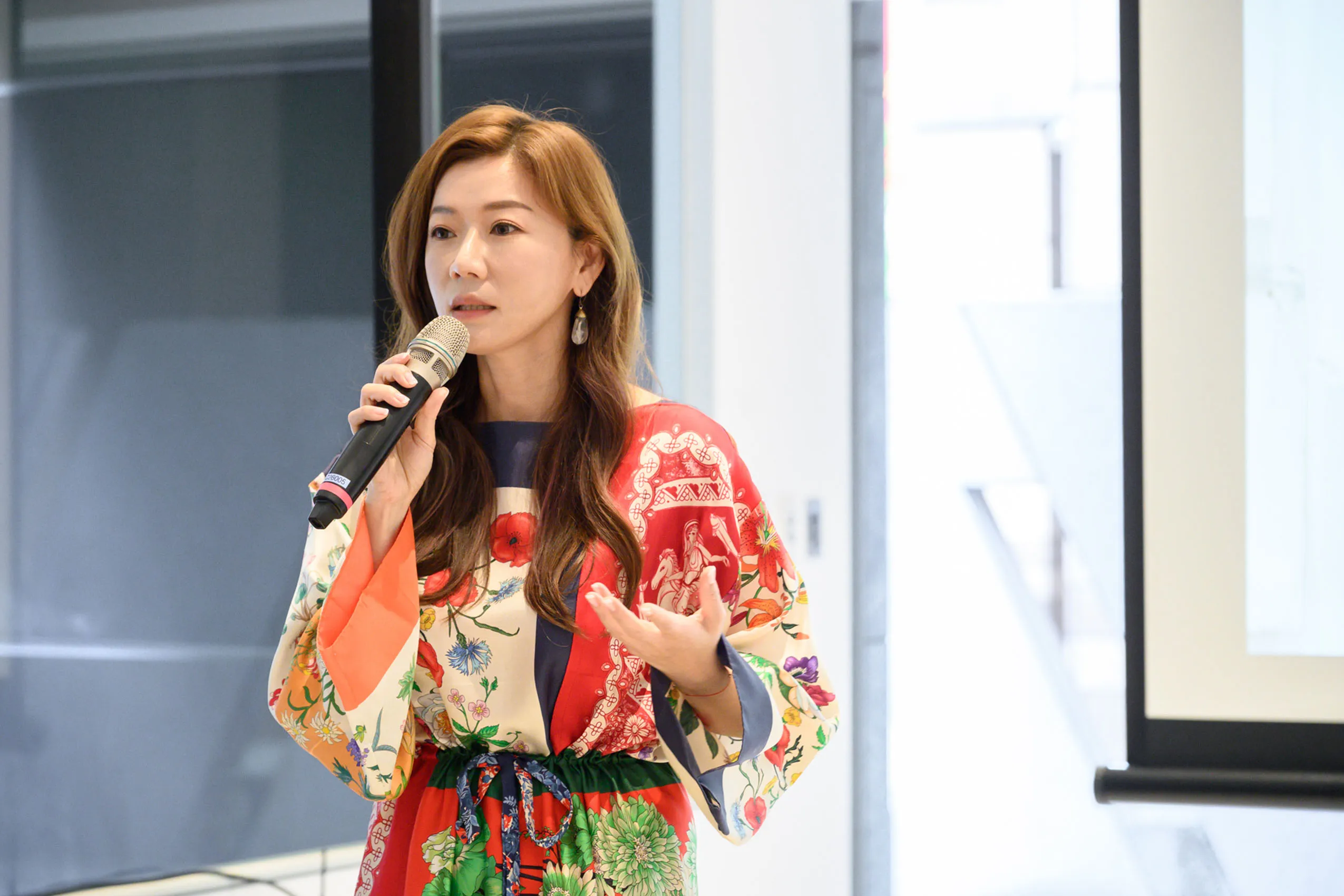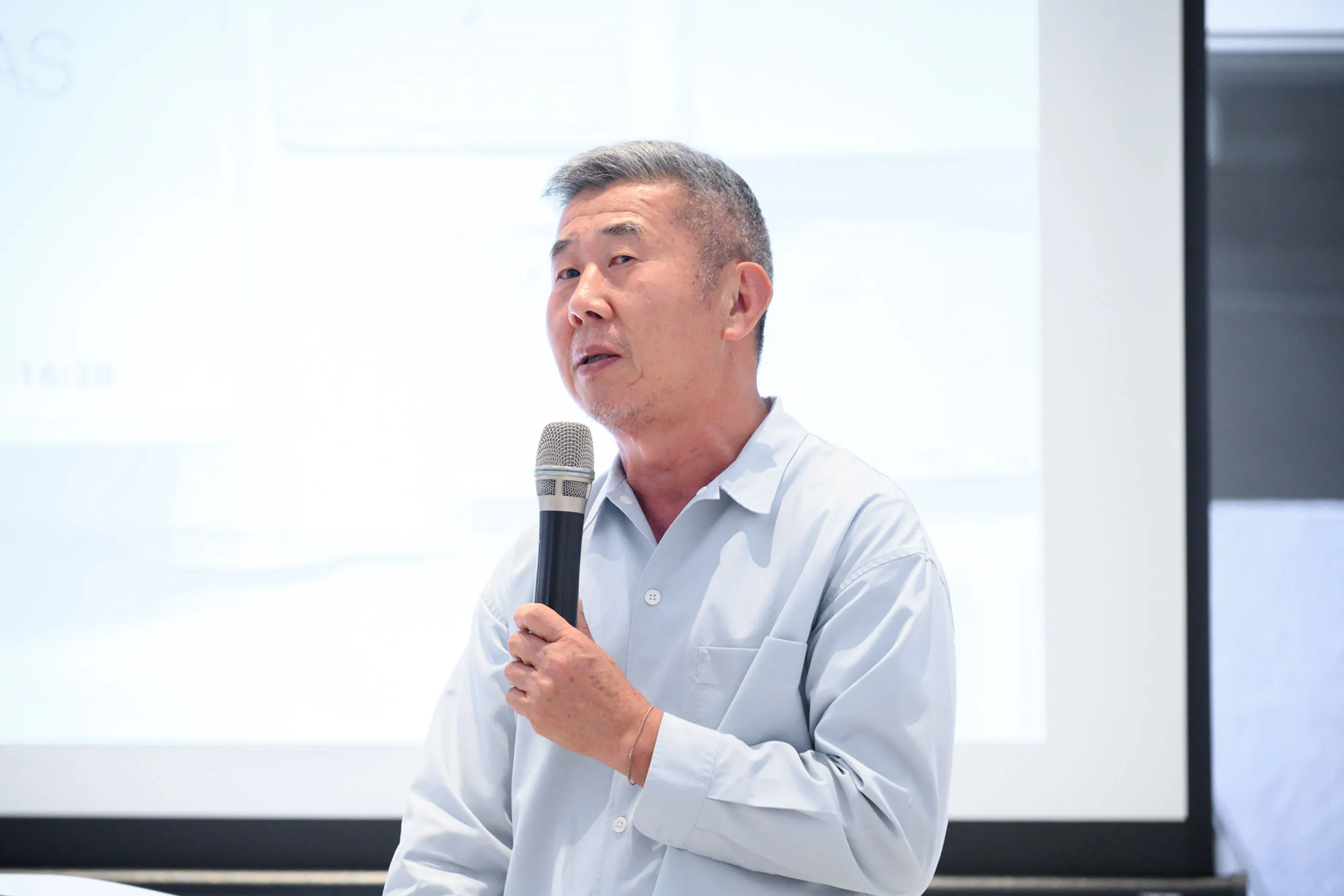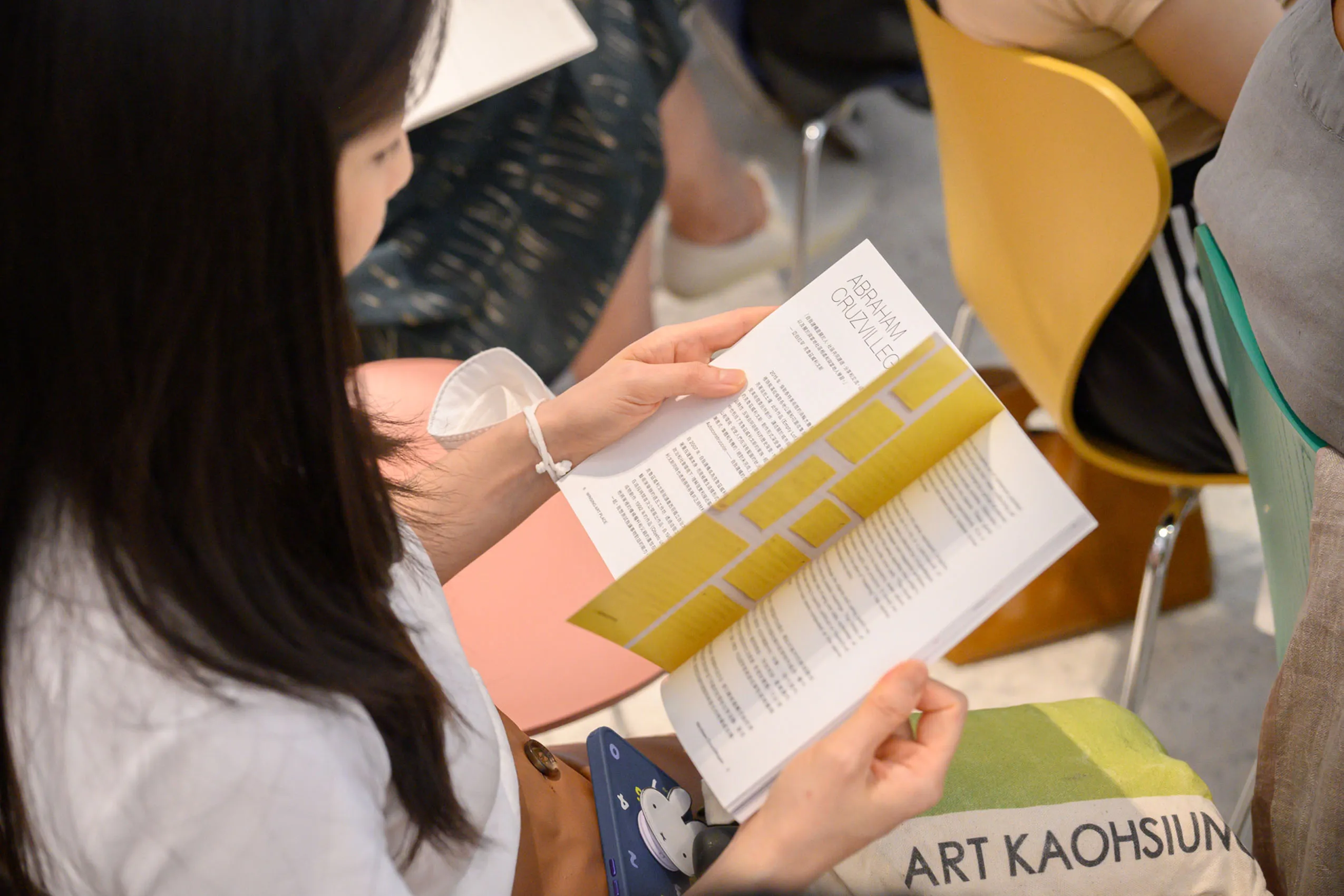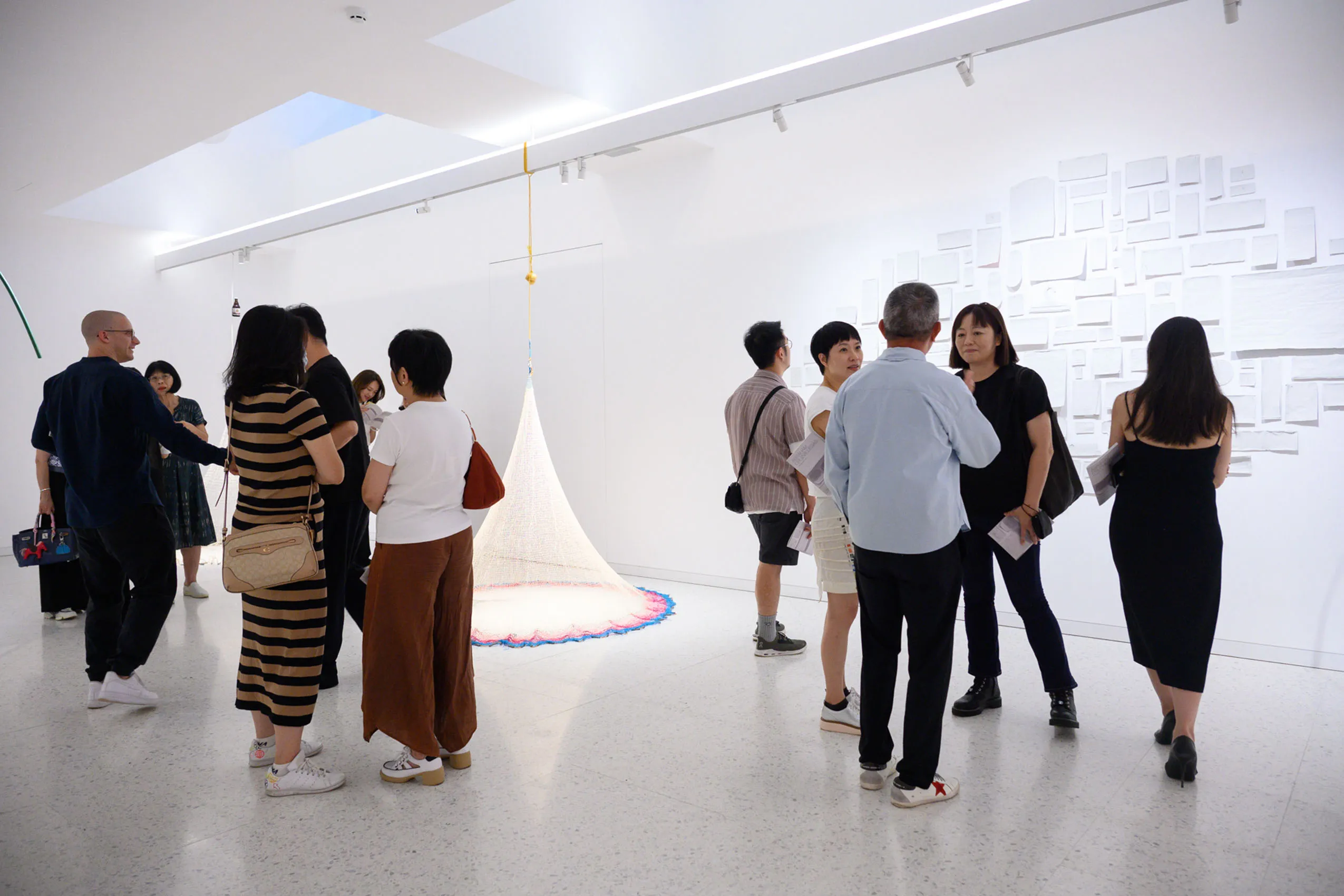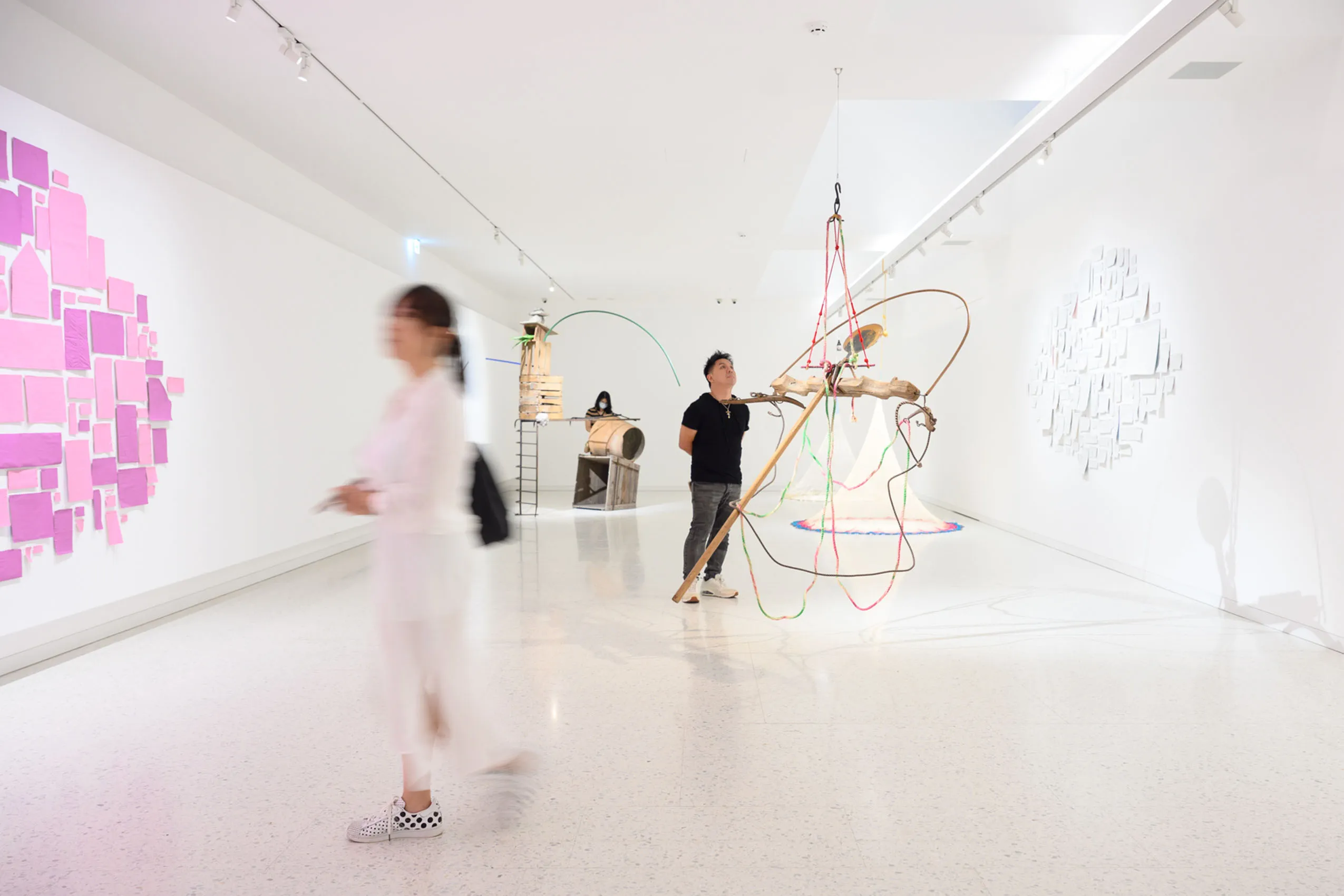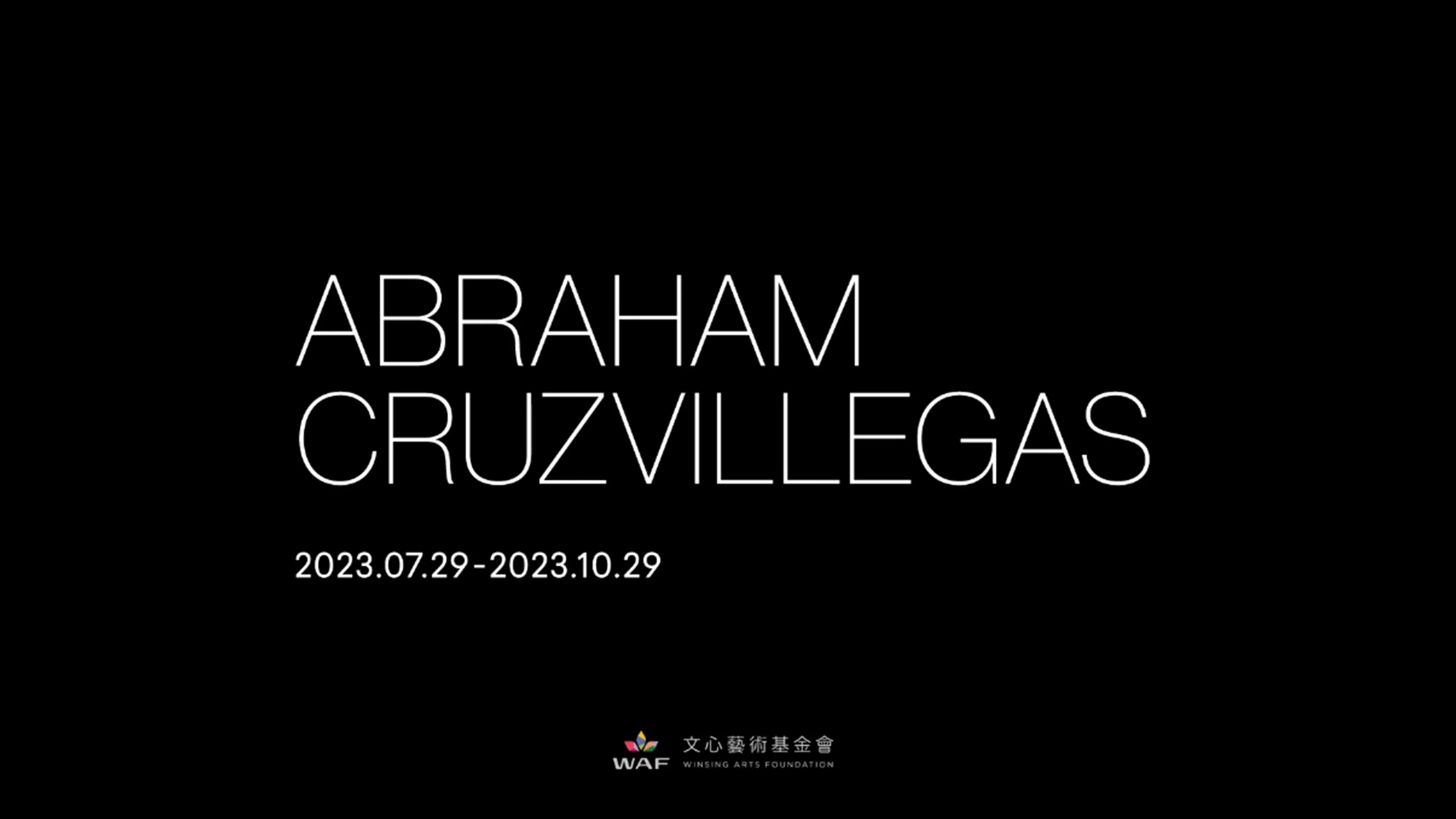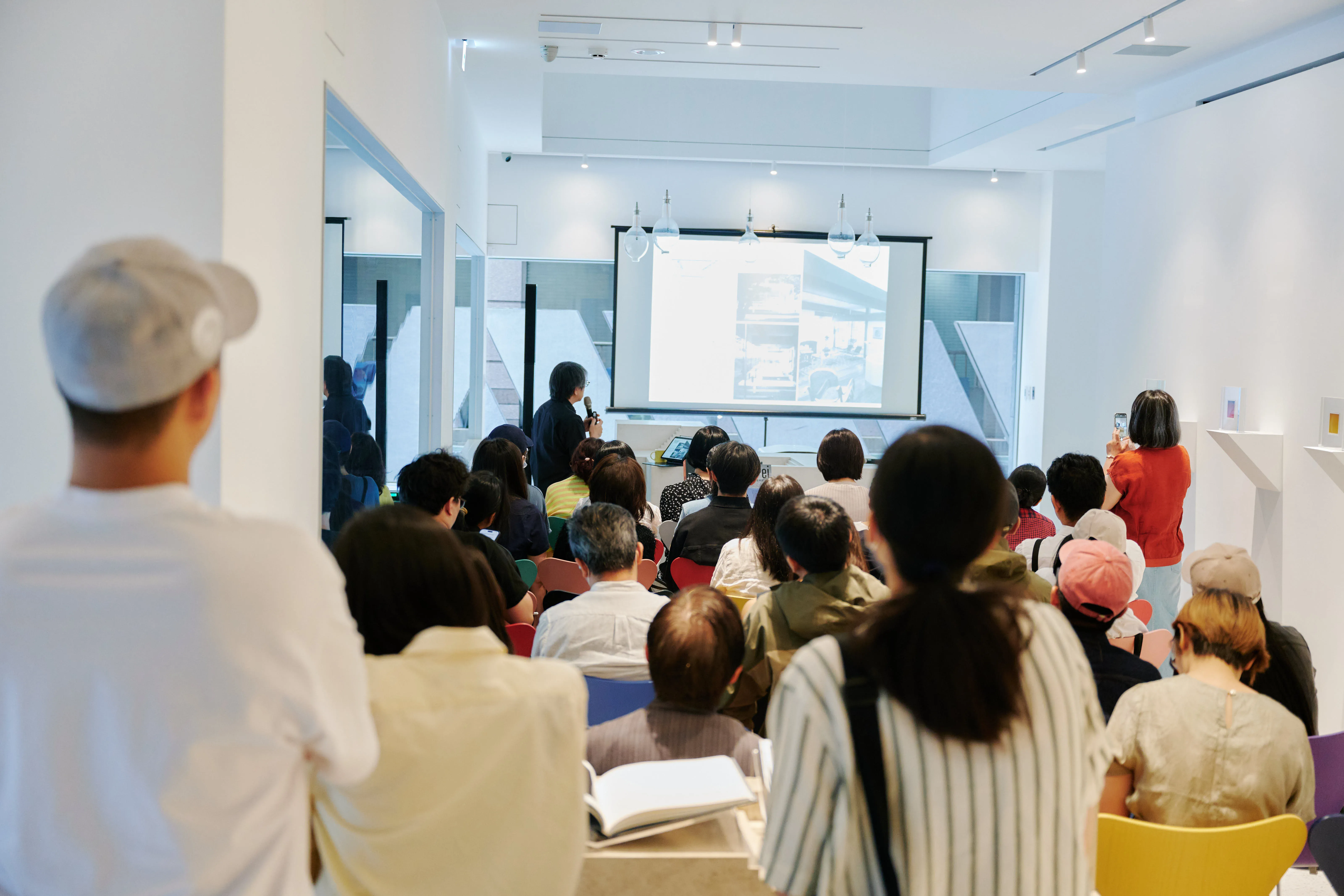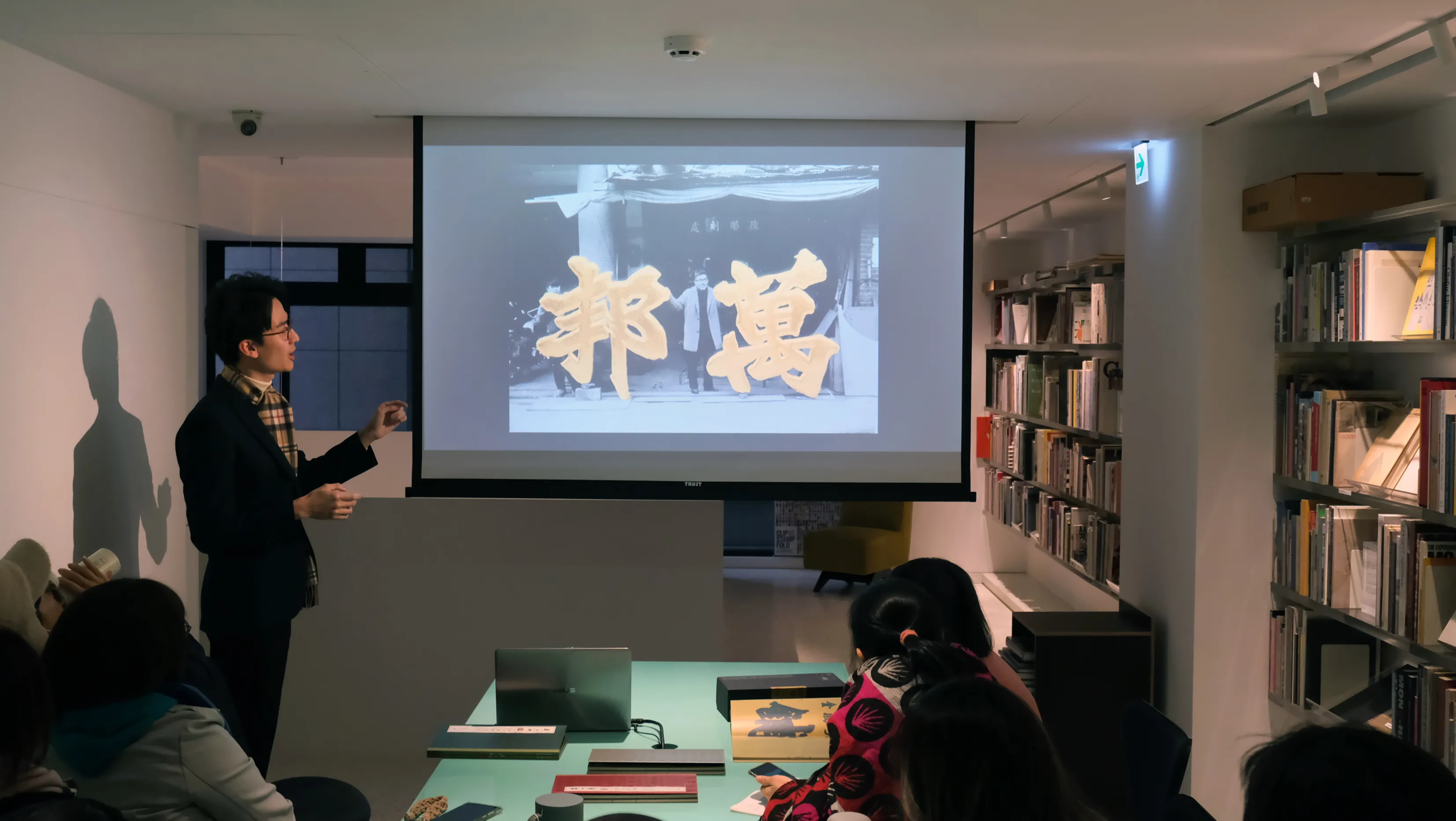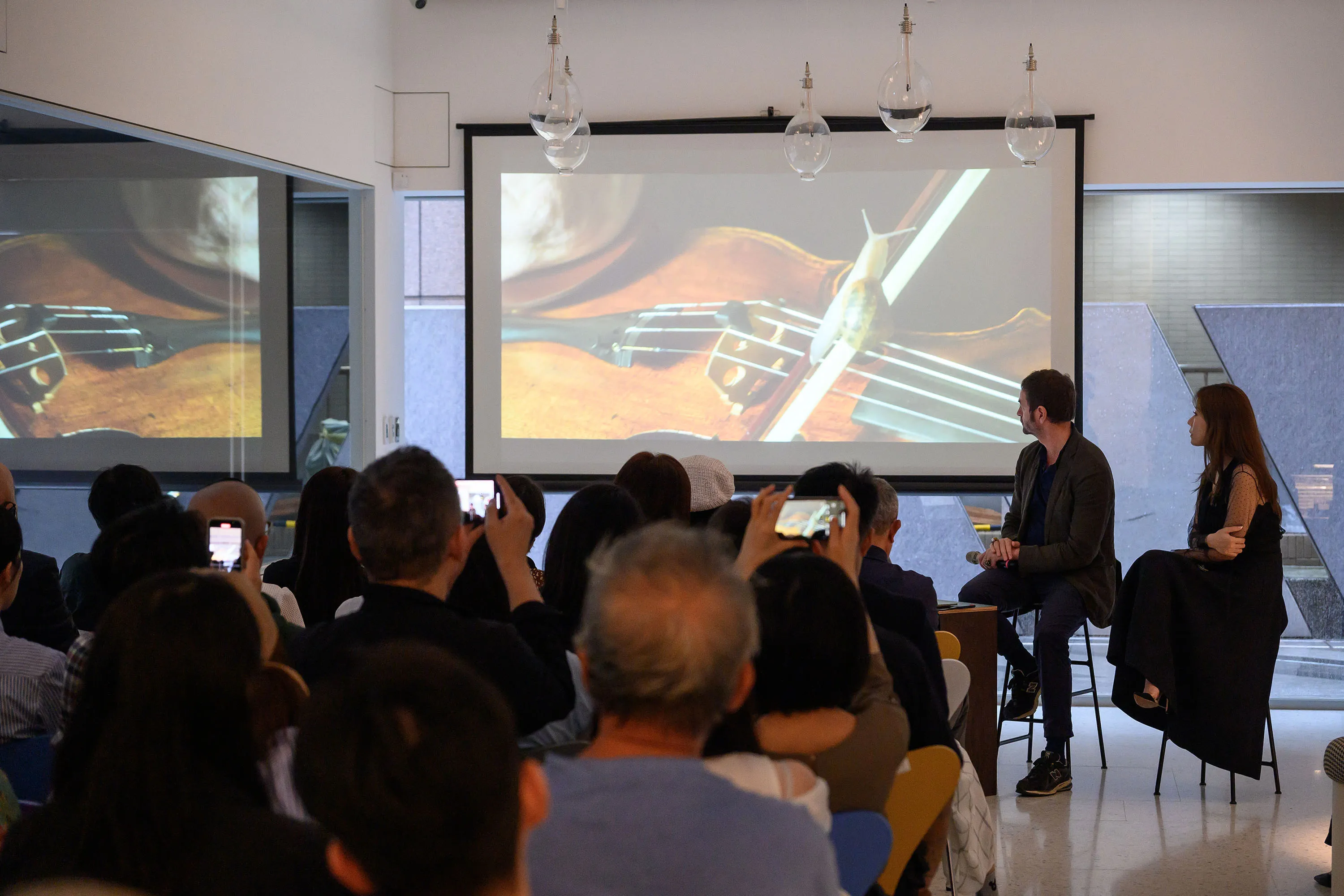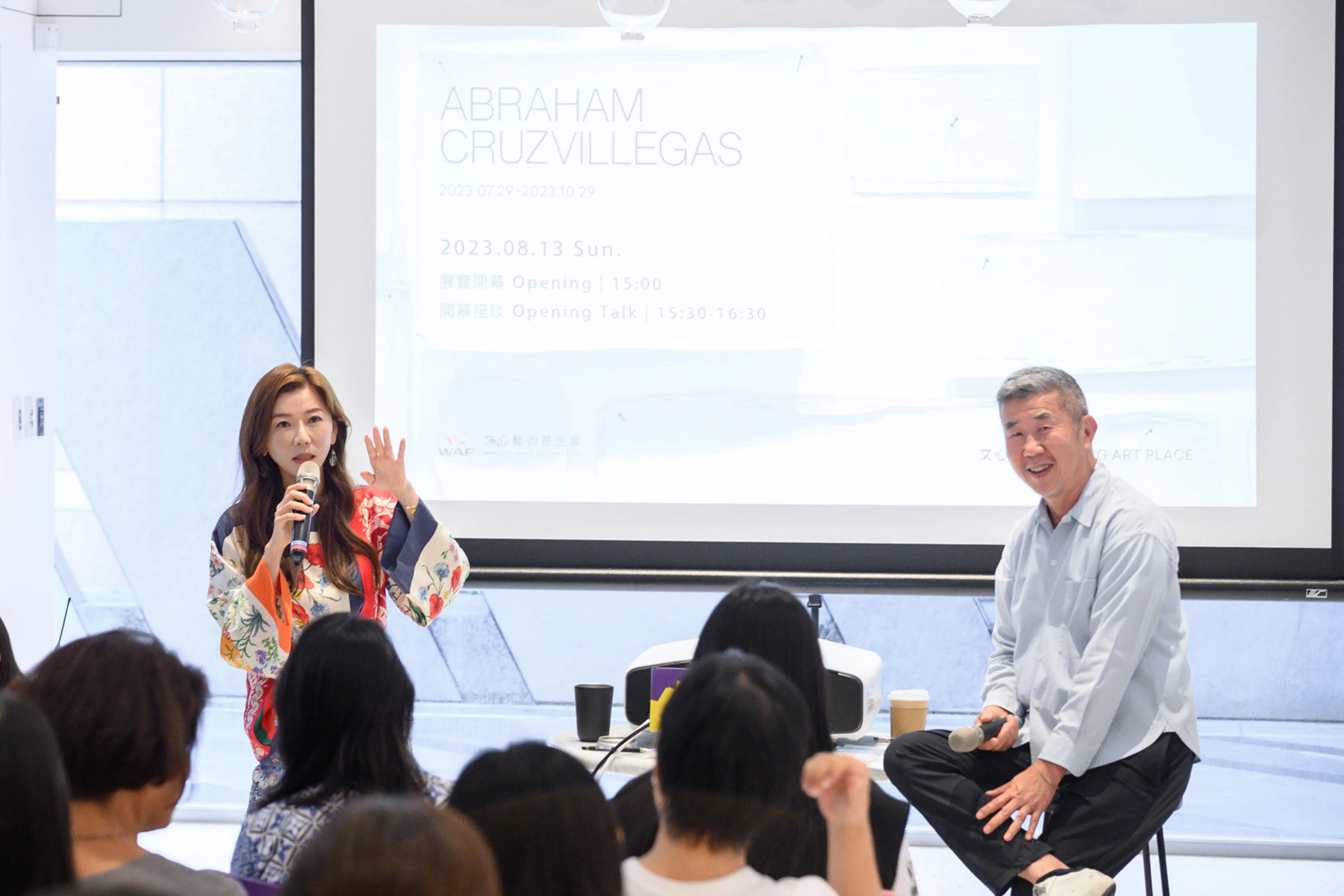
Artist Talk | Abraham Cruzvillegas Solo Exhibition Opening
Speakers
Jenny Yeh, Executive Director of Winsing Arts Foundation
Rudy Tseng, Full-time art collector and independent curator
Locations
Winsing Art Place (1/F. 6, Lane 10, Lane 180, Section 6, Minquan East Road, Neihu District, Taipei City)
Fees
Free, prior registration is required
Ages
Unrestricted
Introduction
Winsing Arts Foundation will host the opening event for Mexican artist Abraham Cruzvillegas at Winsing Art Place next Sunday, August 13, at 3 p.m. This exhibition presents a series of sculptural installations and paintings by Cruzvillegas, whose creations work involves change, incompleteness, and unpredictability. The characteristics of this his work are also related to chance, variability, and hope. On the opening day, Jenny Yeh, executive Ddirector of Winsing Arts Foundation, and Rudy Tseng, an experienced art collector, will share their collection opportunities and how their impressions ofy feel about the works, and. We look forward to seeing you at the exhibitionshow together.
Event Recap
At the opening talk for Abraham Cruzvillegas' solo exhibition, art collector Rudy Tseng and the foundation’s director, Jenny Yeh, were invited for a dialogue. Due to the time difference between Mexico and Taiwan, a pre-recorded video featuring the artist was shown at the event, allowing the audience to gain a deeper understanding of the concepts behind his work. In the video, Cruzvillegas remarked, “I constantly try to slowly build myself, just like the houses of autoconstrucción—it is undoubtedly an ongoing and unfinished process.”
Director Yeh said, “Through Abraham’s introduction, we find that both his painting and sculpture are very improvisational; they are about the present and a part of his life. He expresses himself in different media and ways, telling the present moment.” At the beginning of the conversation, Director Yeh and Tseng shared with the audience the moment they first met the artist and the opportunity to collect. Tseng also talked about Abraham’s experiences at the Gabriel Orozco workshop as a young man, the Venice Biennale, and the Documenta in Kassel, exploring the contextual layers of Abraham’s work, including the animism in his work and the background of autoconstrucción.
Tseng said, “Why was I initially so fascinated by his work? I think it’s because, being born and raised in Taiwan, we all grow up immersed in certain religious traditions. Personally, I grew up watching my parents practice rituals—mostly Taoist or Buddhist. Probably 70 to 80 percent of us in Taiwan are familiar with these beliefs. In Taoism, there’s the idea of animism—the belief that everything has a spirit. The land has the Earth God (Tudi Gong), the stove has the Kitchen God, mountains have mountain spirits, and trees have tree spirits. This belief that objects and natural elements carry life or energy really resonated with me. So, when you look at the sculptures in the back—especially the one on the far left—you’ll notice there’s an aloe vera plant on top. That was a specific request from Abraham. He insisted that a living aloe plant be placed there. He truly believes that these materials are like living beings—like plants. If you give them sunlight and water, they will grow on their own.”
Director Yeh also said, “What Abraham is doing now is happier and easier, but behind all this fun and relaxation, like the one just mentioned, it might make sense. Yet, do you really need to know what it means? I feel like it might not necessarily be so. Instead, the point is to enjoy what he’s creating now and see something deeper through it.”


